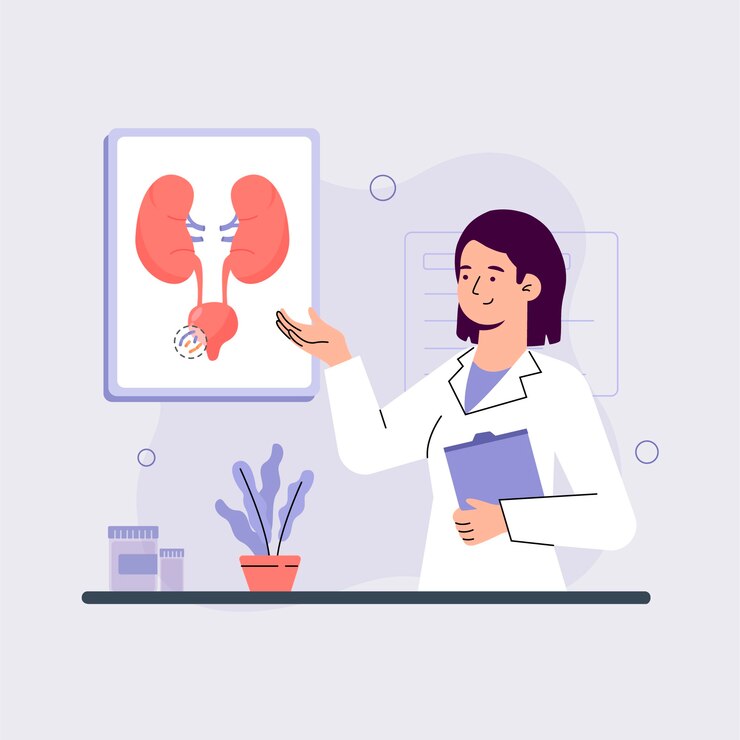
Understanding Complications of Polycystic Kidney Disease (PKD)
Introduction: Polycystic Kidney Disease (PKD) is a condition where fluid-filled cysts form in the kidneys. These cysts can cause various complications that affect your health. Let’s break down these complications in simple terms, so you can better understand what PKD means for your body.
What is PKD?
PKD is a genetic disorder characterized by the growth of fluid-filled cysts in the kidneys. Over time, these cysts can enlarge and lead to kidney damage and dysfunction.
Common Complications
- High Blood Pressure: PKD can cause high blood pressure, which can further damage the kidneys and increase the risk of heart disease.
- Kidney Stones: Cysts in the kidneys can disrupt normal urine flow, leading to the formation of kidney stones.
- Kidney Infections: Cysts can become infected, causing pain, fever, and other symptoms.
- Kidney Failure: In severe cases, PKD can progress to kidney failure, requiring dialysis or transplantation.
- Keeping blood pressure under control through medication and a healthy lifestyle.
- Drinking plenty of water to help prevent kidney stones.
- Taking antibiotics promptly to treat UTIs.online pharmacy buy bimatoprost no insurance with best prices today in the USA
- Monitoring kidney function regularly and seeking medical attention if symptoms worsen
Other Complications
PKD can also lead to complications outside the kidneys, such as liver cysts, brain aneurysms, and heart valve abnormalities.
Management and Treatment
Managing PKD involves controlling blood pressure, preventing complications like kidney infections and kidney stones, and monitoring kidney function regularly. In some cases, treatment may also include medications to manage symptoms and slow the progression of the disease.
Conclusion
Polycystic Kidney Disease (PKD) can lead to various complications that affect kidney function and overall health. By understanding these complications and working closely with healthcare providers, individuals with PKD can better manage their condition and improve their quality of life.
To seek medical advice, always consult a Doctor. Here are our recommended experts. Click here
To read more on Polycystic kidney disease. Click Here


